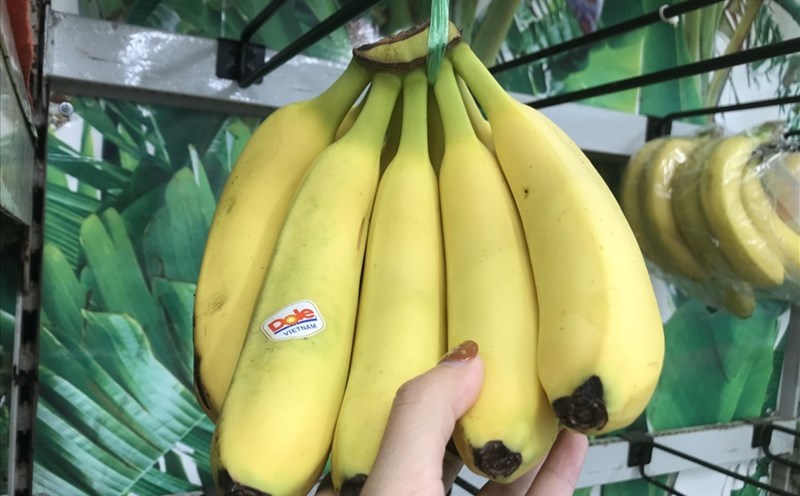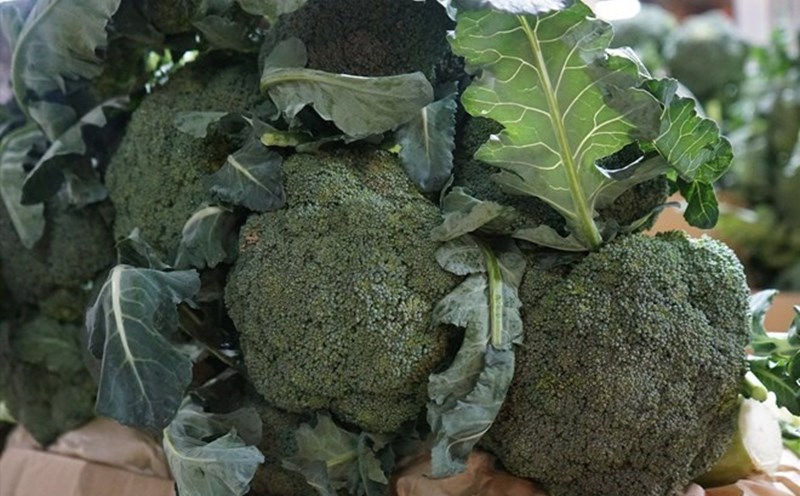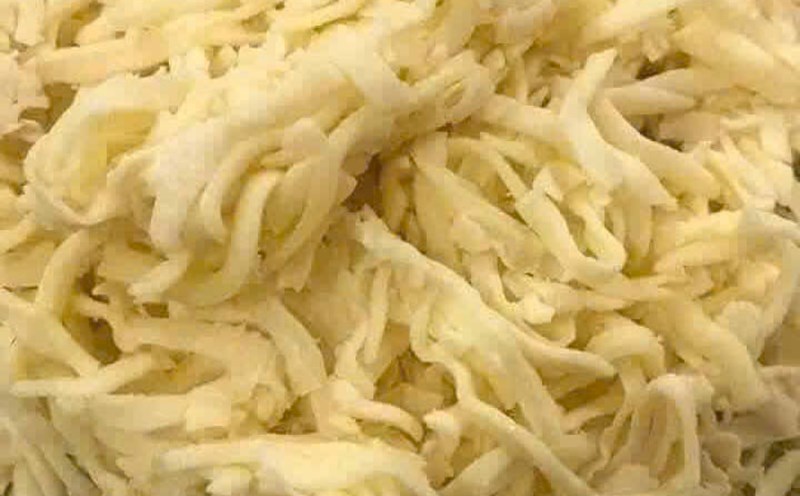Coriander: Contains low potassium content (about 25 mg/10g) and contains natural essential oils (linalool) that help increase slight urine secretion, supporting detoxification. Polyphenols in coriander also help reduce oxidative stress and protect renal Tube cells.
Coriander extract reduces blood creatinine by 8% and reduces inflammation in patients with early-stage CKD after 8 weeks of use.
Use fresh coriander as a spice to reduce salt while still retaining the flavor of the dish.
Add fresh coriander to soup or congee, do not blend it raw because it is difficult to control the amount absorbed.
Chives: Contains quercetin, a powerful anti-inflammatory, which helps reduce damage to small blood vessels in the kidneys. The potassium content in green onions is lower than many other vegetables (about 20 mg/10g).
Adding green onions to the diet of CKD patients for 12 weeks helps reduce CRP index by 15% and improve cardiopulmonary blood pressure.
The National Kidney Foundation recommends green onions as a spice instead of salt or seasoning to reduce the sodium burden on the kidneys.
Sprinkle chopped green onions on congee, soup or steamed dishes, limit eating non-fat onions.
That is: Rich in vitamin C and fiber, containing fragrance compounds such as anethole, which have a mild diuretic effect, help reduce water retention and support ure excretion.
The potassium content in fennel is also low (about 30 mg/10g), safe for people with weak kidneys if used in moderation.
Fennel extract helps reduce liver enzymes and improve creatinine secretion in people with reduced kidney function.
According to WHO, fennel is a safe spice that can be used regularly by CKD patients to improve the flavor of dishes and aid digestion.
Add the fennel to steamed fish, fish congee or vegetable soup, do not use it with salty spices.
Notes when using spices for people with kidney failure:
Use a moderate amount: even though the potassium content is low, if you eat too much, you can still accumulate.
Avoid industrial spices: such as powder, saltwater fish sauce because they increase sodium, causing water retention.
Simple preparation: add spices after the dish is cooked to retain the fragrance and vitamins.
Regular monitoring: patients need to check their potassium and ure blood levels and follow the doctor's recommendations.











